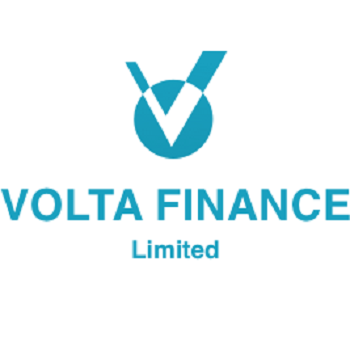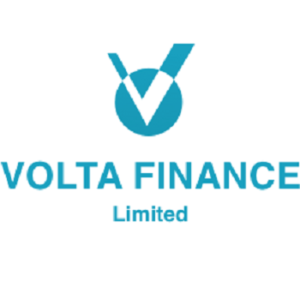Private credit firms are rapidly gaining ground in the collateralised loan obligation (CLO) market, securing an increasing portion of new issuances. CLOs, once considered niche strategies, are now being widely embraced by institutional investors and have grown into a $1.4 trillion industry.
According to Barings, private credit is expected to capture around one-third of the CLO market this year. This marks a significant rise from previous years when non-bank entities only made up about 10 percent of all new CLO vehicles. The overall expansion of private credit is a key driver of this shift, with limited partners (LPs) being drawn to private credit CLOs, which often offer higher returns compared to those issued by banks.
CLOs have retained their appeal, even amidst the Federal Reserve’s recent interest rate cuts and the anticipation of further reductions. These floating rate instruments are viewed as advantageous, particularly with an expected surge in refinancing activity on the horizon.
A noticeable trend has been the growing interest in private CLO equity funds from institutional investors. While these funds are the first to bear losses on loans to leveraged companies, they can offer yields as high as 20 percent. Additionally, the management fees for these funds are typically under one percent, making them attractive to investors seeking high returns.
The structure of CLO equity funds allows investors to benefit from interest payments on the underlying loans in the portfolio. These payments are distributed quarterly to LPs, who also stand to receive any remaining cash after the loans mature. Despite being last in line in the event of a loan default, LPs are drawn to the consistent quarterly payments. As Tom Williams, deputy chief investment officer, noted, “We start getting money back right away.”
Though often rated below investment grade, CLOs are not classified as distressed assets. They have delivered an average return of 8.5 percent over the past two years, with CLO equity funds offering even higher potential returns. Sycamore, for example, is targeting an internal rate of return (IRR) of 15 percent.
As Trey Parker recently told the SDCERA board, “At the end of the day, we are good old-fashioned lenders. We are looking to lend to high-quality companies that have the ability to pay us back.”
Volta Finance Ltd (LON:VTA) is a closed-ended limited liability company registered in Guernsey. Volta’s investment objectives are to seek to preserve capital across the credit cycle and to provide a stable stream of income to its Shareholders through dividends that it expects to distribute on a quarterly basis.



